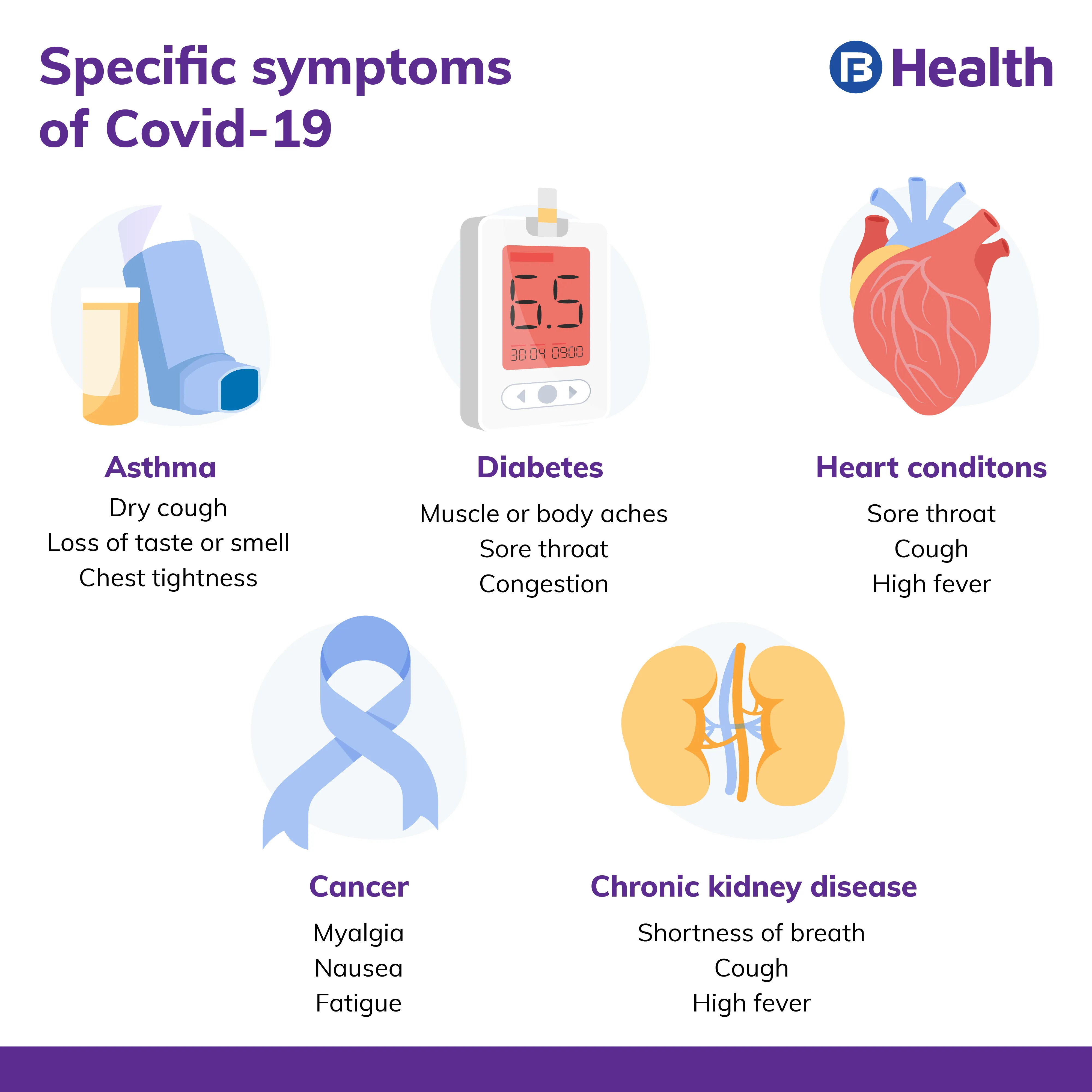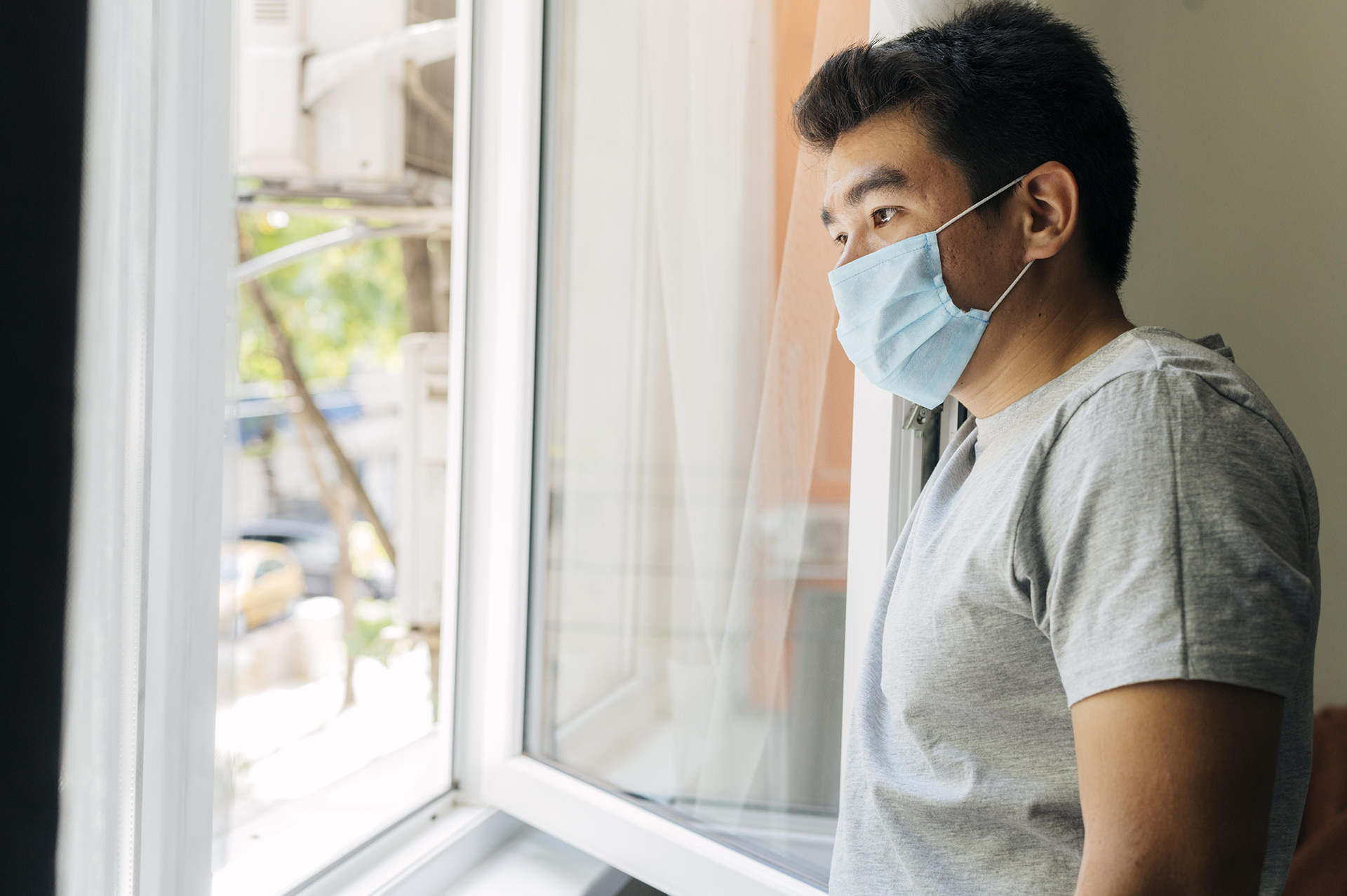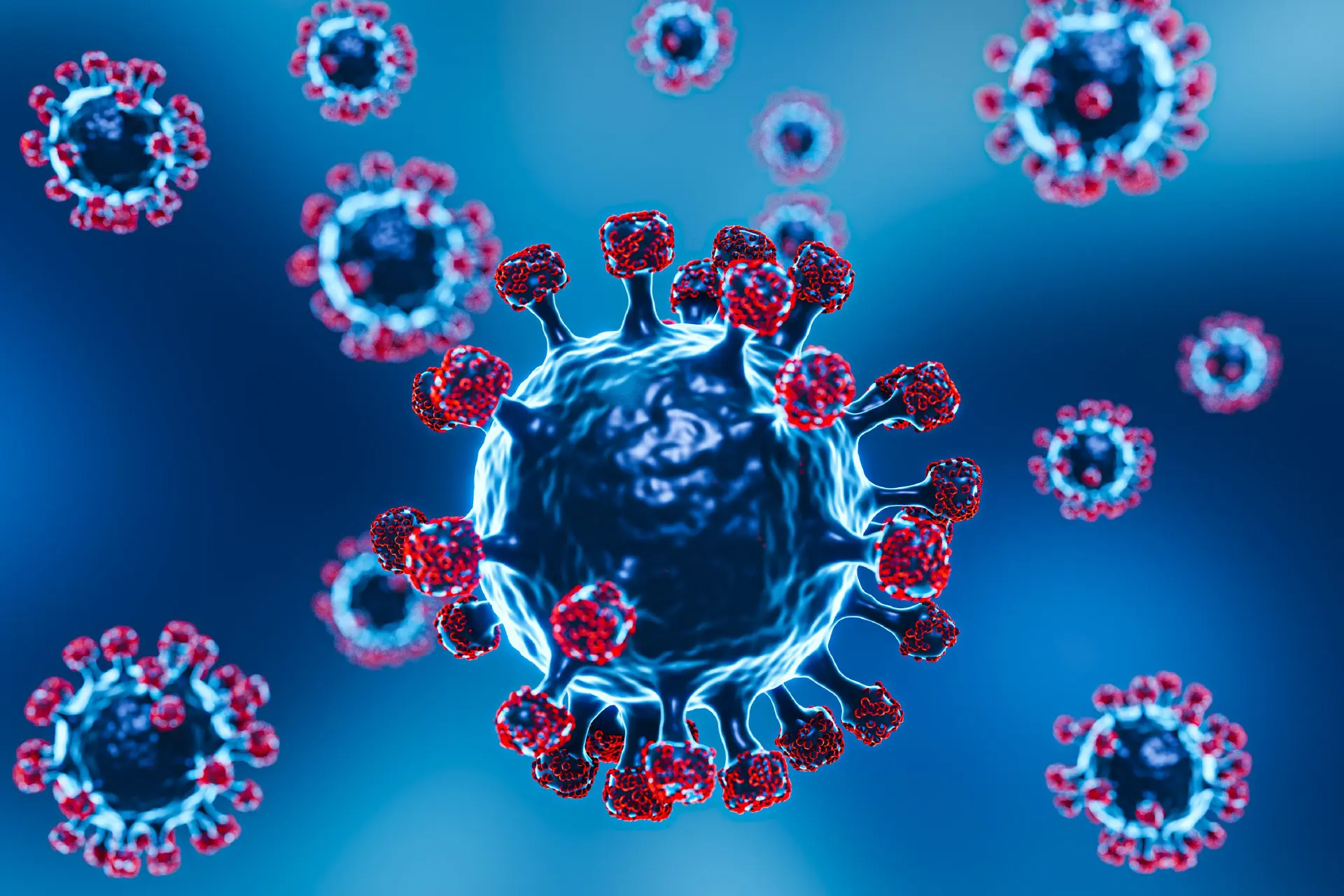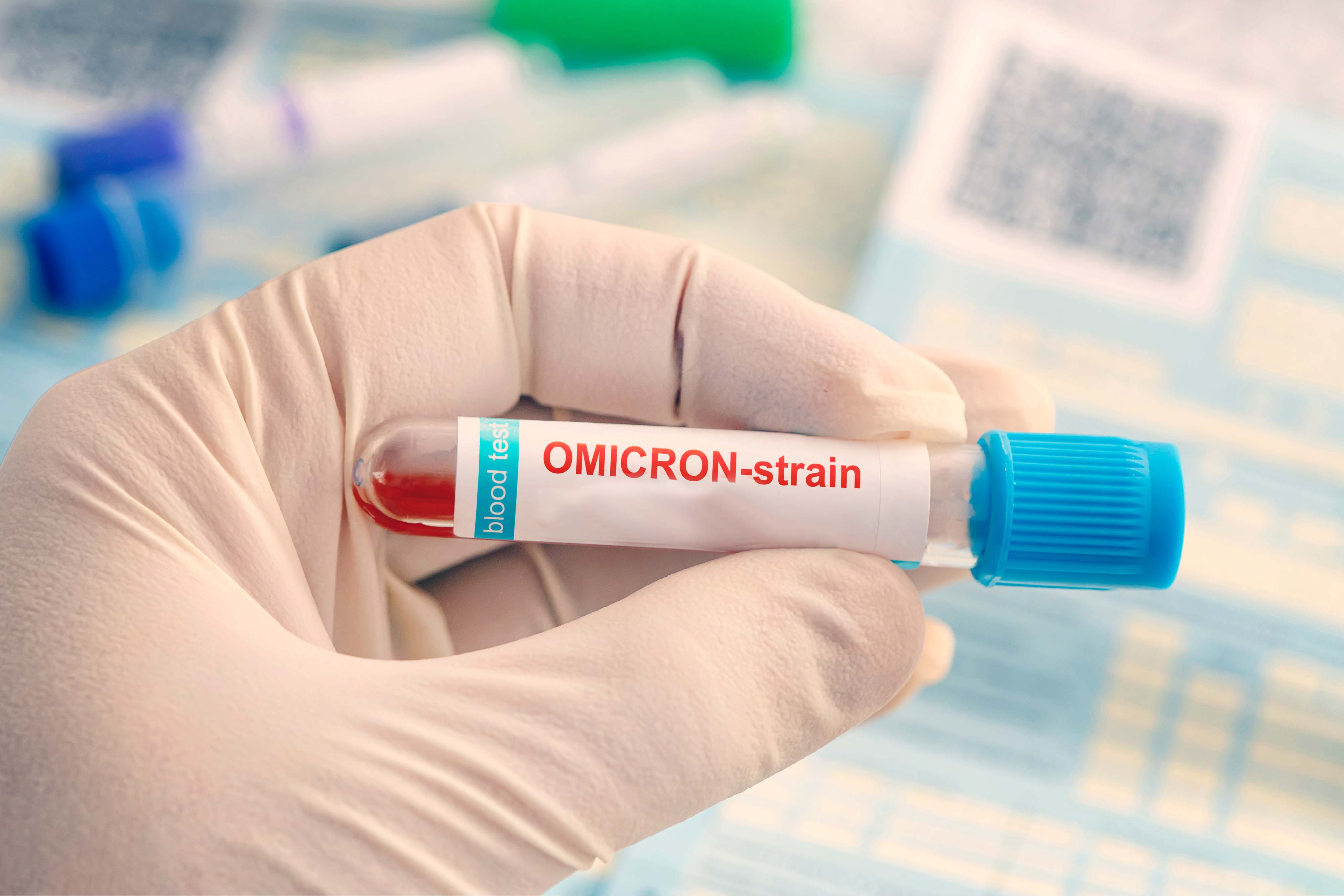General Physician | 5 min read
Critical care measures to take for COVID-19 with pre-existing medical conditions
Medically reviewed by
Table of Content
Key Takeaways
- COVID-19 symptoms affect people differently, with some exhibiting milder forms of illness
- People with certain pre-existing medical conditions are more likely to get severely ill
- For insight on these subjects across varying medical conditions, read on
The 2019 coronavirus, COVID-19 or SARS-CoV-2, was declared a pandemic in March 2020, and it was the second time an outbreak was deemed so by the World Health Organisation. As of May 2021, there are over 153 million confirmed cases of infection, and the death poll stands at a gut-wrenching 3 million. COVID-19 symptoms affect people differently, with some exhibiting milder forms of illness, and others spiraling into severe illness, requiring hospitalization to recover. As per the Centers for Disease Control and Prevention or the CDC, people with certain pre-existing medical conditions are more likely to get severely ill. This is also the case if you develop COVID-19 symptoms in old age, as per a study published in August 2020, which is why prevention is the need of the hour.
As a matter of fact, adults with health issues aren’t the only ones at risk. As per a study published in September 2020, COVID-19 symptoms in kids with pre-existing medical conditions could lead to severe illness as well. Thankfully, the absolute risk in this case remains low. However, the same can’t be said for adults with similar ailments. In fact, in Italy, 99% of those that died due to COVID-19 had an existing health condition. This was also the case in Wales and England, as the ONS reports state that of those that died during March 2020, 9 out of 10 had some other form of illness prior to getting infected and exhibiting coronavirus symptoms.
All this data points to the fact that prevention is key to survival for those with pre-existing conditions. Thankfully, several experts today also suggest that there are ways to recover even if you get infected while already having an illness. For insight on these subjects across varying medical conditions, read on.

Asthma
Those with lung diseases may face more serious COVID -19 breathing problems. For instance, those with moderate-to-severe asthma are likely to be hospitalised if they contract the COVID-19, as per the CDC.
Prioritise protecting yourself from infection
- Take the vaccine
- Wear a mask
- Avoid non-essential travel
- Avoid triggers
- Stay away from cleaning agents and disinfectants
Follow the action plan
- Don’t stop medication
- Speak to your doctor
What symptoms to monitor?
- Fever, or a high fever usually known as a COVID-19 fever
- Dry cough
- Loss of taste or smell
- Chest tightness
- Shortness of breath
- Wheezing
When to reach out to a doctor for consultations?
- When there’s difficulty talking because of difficulty in breathing
- Sudden onset of confusion
- If the asthma medicine isn’t helping
- Face and lips turn blue
Diabetes
Like with any virus or infection, those with diabetes have an increased chance of complications and serious illness. This chance is lower if diabetes is well managed, however having more than one health condition can take its toll. As per the CDC report, persons with type 1 diabetes may have greater complications due to COVID-19 as compared to those suffering from type 2.
What to do?
- Ask family members to prioritise safety and prevention measures
- Carefully monitor symptoms
- Continue insulin medication
- Track symptoms carefully
What symptoms to monitor?
- Muscle or body aches
- Sore throat
- Congestion
- Fever
- Shortness of breath
When to reach out to a doctor for consultations?
- When the symptoms worsen
- If you’re looking for advise on managing diabetes or COVID-19 fever treatment
- Difficulty in waking up and staying awake
Heart Conditions
Cardiovascular conditions greatly increase the risk of severe COVID-19 symptoms.
What to do?
- Avoid coping with alcohol or drugs
- Do not stop taking medication
- Self-isolate
- Continue doing exercise to keep the heart healthy
What symptoms to monitor?
- Sore throat
- Cough
- Fever
When to reach out to a doctor for consultations?
- Unusual shortness of breath
- Burning or tightening sensation in the chest
- Arm weakness
- Speech difficulties
Cancer
Cancer treatment already affects the immune system and can also impair the respiratory system. As such, conditions like lymphoma or leukemia could lead to severe COVID-19 symptoms.
What to do?
- Isolate
- Call a healthcare provider
- Check if you can take the vaccine
What symptoms to monitor?
- Fever
- Dry cough
- Myalgia
- Nausea
- Fatigue
When to reach out to a doctor for consultations?
- At the first occurrence of symptoms
- If symptoms worsen
Chronic Kidney Disease
As the kidneys are already damaged, a COVID-19 infection could prove fatal. This is because kidney damage generally affects other vital organs as well. As a matter of fact, a study found that those with kidney impairment and COVID-19 have high mortality rates.
What to do?
- Get a COVID test if you have the characteristic covid cold or fever
- Self-isolate
- Contact the dialysis unit before you make a trip
What symptoms to monitor?
- Shortness of breath
- Cough
- Fever
When to reach out to doctors for consultations?
- To confirm dialysis treatment timings
- If you need advice on medication or treatment protocol
- If the symptoms worsen
Individuals with such conditions must prioritise prevention and must prepare for the unfortunate circumstance of infection. COVID-19 symptoms in older people and children may differ, and it is important to know what to look out for so that you only undertake coronavirus testing when absolutely necessary. Reacting in a timely manner is crucial to getting the care you need and requires a proactive effort. Find all these solutions on Bajaj Finserv Health, a fully-equipped digital healthcare solution.
Find doctors in your area, book appointments online and consult with them virtually, as needed. This helps you avoid physical visits altogether and ensures care whenever you need it. Also find immunisation tracker and a COVID symptom checker here. You also have access to the health library to arm yourself with crucial information about homecare during the pandemic.
References
- https://tdtmvjournal.biomedcentral.com/articles/10.1186/s40794-020-00118-y
- https://link.springer.com/article/10.1007/s00431-020-03801-6
- https://associationofanaesthetists-publications.onlinelibrary.wiley.com/doi/10.1111/anae.15293
Disclaimer
Please note that this article is solely meant for informational purposes and Bajaj Finserv Health Limited (“BFHL”) does not shoulder any responsibility of the views/advice/information expressed/given by the writer/reviewer/originator. This article should not be considered as a substitute for any medical advice, diagnosis or treatment. Always consult with your trusted physician/qualified healthcare professional to evaluate your medical condition. The above article has been reviewed by a qualified doctor and BFHL is not responsible for any damages for any information or services provided by any third party.





